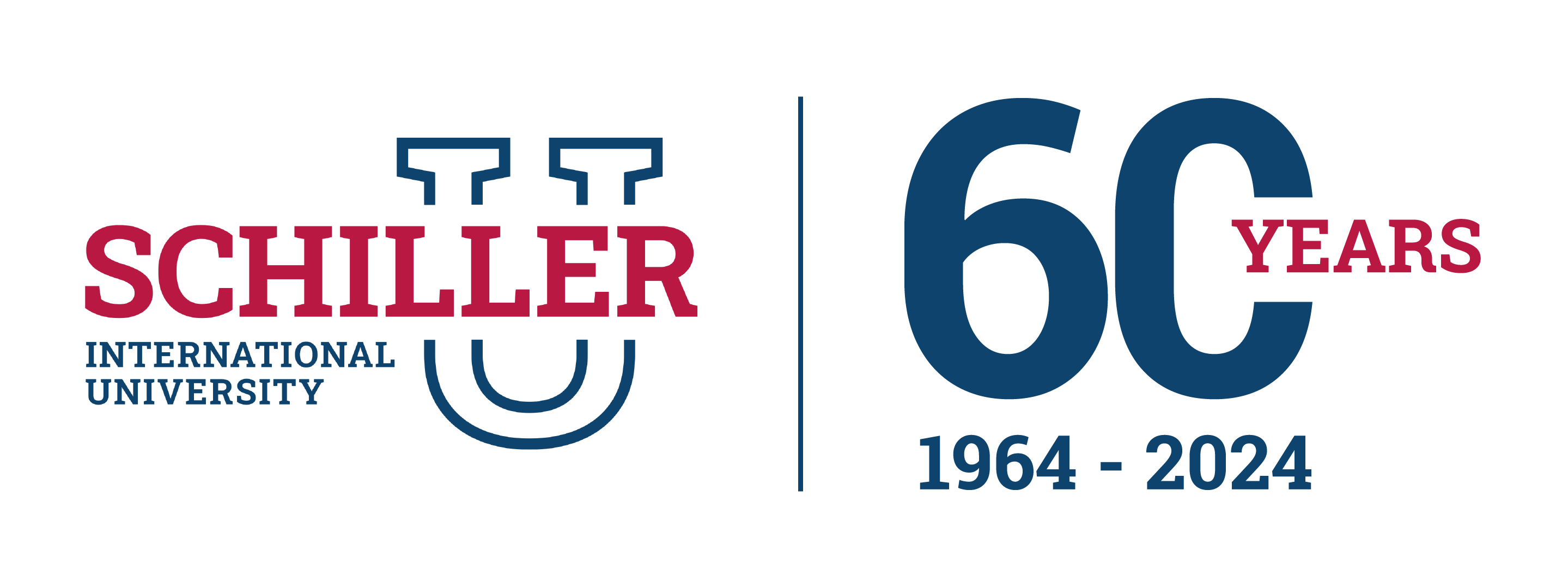On 6 October 2022, Schiller International University organized a global online seminar to discuss the war in Ukraine and its consequences for three former Soviet spaces in the South Caucasus, namely Armenia, Azerbaijan, and Georgia. Since Russia launched the war against Ukraine and its independence, these countries have been questioning their sovereignty. Torn by various strategic, political, economic, and cultural stakes, the historical Trans Caucasus is also crossed by lines of force that obtrude the future of its states and populations.
And yet, Russia has new projects in the region and seeks to impose its post-Western worldview in the light of the Karabakh war between Azerbaijan and Armenia as well as the blockage in negotiations with Georgia over South Ossetia and Abkhazia. Americans and Europeans are not standing still, but they are coming up against converging views among Russians, Turks, and Iranians, who are sensitive to the de-Westernization of the South Caucasus, a cultural crossroads on which the emerging powers want to impose their agenda.
According to Gaïdz Minassian*, leading guest speaker at this event, the essential issue of the war in Ukraine for the South Caucasus can be formulated around this question: will the conflict mean an extension of hostilities to the region or, on the contrary, will it form a laboratory for the appeasement of tensions between Russia and the West?
If one looks at the cartography, a major geopolitical contradiction opposes a “classical” conception of the South Caucasus – made of models, systems, representations, and which is that of the Russians – to a conception proper to the sociology of international relations – based on social sciences, which studies post-Soviet states and powers, and more particularly the capacity of political elites and civil societies to produce order and redistribute it.
In the present configuration, these two conceptions coexist in the South Caucasus, which remains a “corridor” and the intersection and periphery of three historical empires – Russian, Ottoman and Persian. But where the center of any empire is a place of peace, its periphery is often traversed by violence.
Three main phases can be distinguished in the South Caucasus since the fall of the USSR, which reflect this confrontation between a classical conception of geopolitics and a vision based on the sociology of international relations.
Between 1991 and 2008, the South Caucasus was stripped of its Soviet mantle to integrate the world market and multilateral institutions and enter globalization. Then, from 2008 to 2020, it was hit by the war in Georgia and the conflict in Karabakh between Armenia and Azerbaijan, leading to a new reconfiguration: Russia, Turkey and Iran converged to weaken the sovereignty of the Caucasus states and thus prevent the region from becoming a pivot of influence for the West. Since 2020, a third phase has eventually seen the extension of the neo-imperial ambitions of Russia and its partners to shape a “post-Western world”, of which the war in Ukraine is the violent symptom.
The post-Cold War parenthesis has closed with these imperial thrusts – let us note that the year 2022 marks the centenary of the creation of the USSR, while 2023 will be the anniversary of the fall of the Ottoman Empire. In a century, the actors have changed little, but the realities in the South Caucasus have become more complex. They reflect a change in the world, characterized by bipolarity between authoritarianism and democracy, on the one hand, and by the passage from the geopolitics of alliances to the geopolitics of partnerships, on the other.
However, a partnership does not have the sacred character of an alliance, which sheds light on the ambiguity of the war in Ukraine and makes its outcome very uncertain. The same applies to the South Caucasus, where three scenarios can be put on the table: 1. if Russia wins the war in Ukraine, it is to be feared that the independence of the South Caucasus states will be fundamentally challenged; 2. if Ukraine wins the conflict, violence will be transported to the South Caucasus unless the powers compensate for this Russian strategic vacuum with conflict regulation mechanisms; 3. in case of a stalemate, one can expect the inauguration of an era of profound instability, between violence and truces.
* Gaïdz Minassian is a researcher and journalist at Le Monde, deputy editor-in-chief of the newspaper's Hors Série. He holds a Ph.D. in political science and teaches international relations at Sciences Po Paris. He is the author of several books on contemporary strategic issues, including the latest Les sentiers de la victoire, peut-on encore gagner une guerre? (Passés Composés, 2020).
This summary was written by Dr. Myriam Benraad, Global Academic Chair in International Relations & Diplomacy at Schiller International University, and convenor of the event.

 Apply Now
Apply Now









